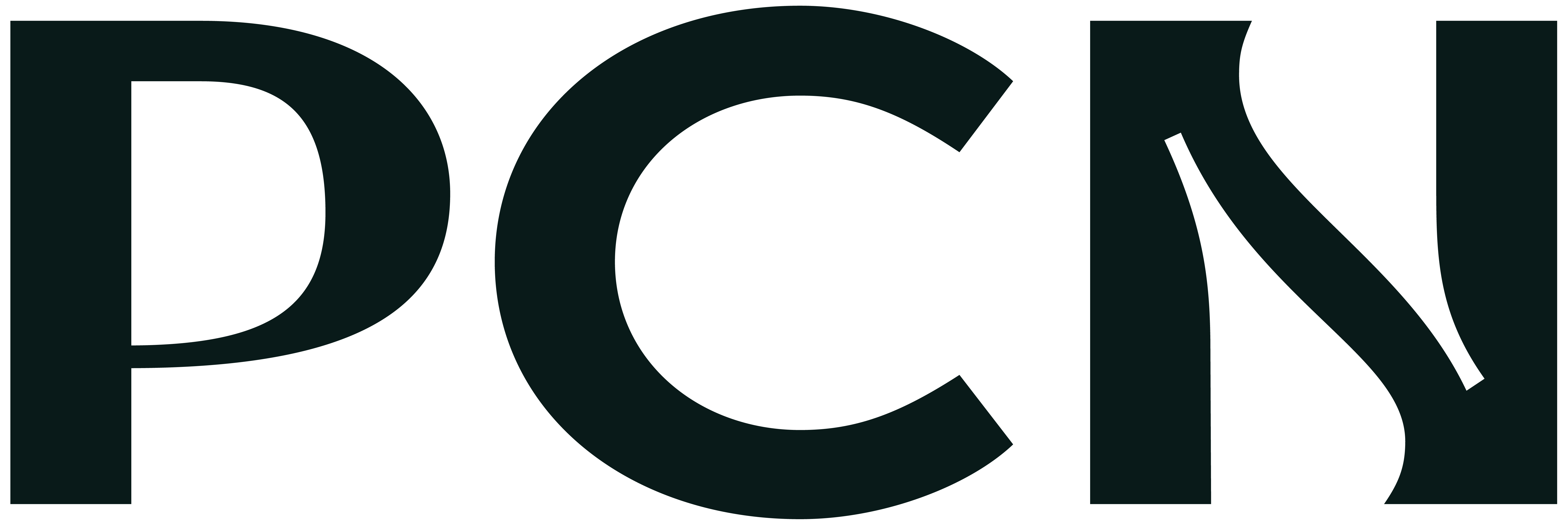Online content creators are always searching for ways to monetise content, and rightfully so. A substantial amount of effort goes into producing online content. And more and more people are recognising creators’ efforts and supporting them financially.
New social media darling Clubhouse has recently decided to support its content creators by launching a direct-to-user payments system in association with Stripe. Unlike many other platforms, however, Clubhouse is staying out of the payment process, allowing content creators to receive the entire payment amount.
What is Clubhouse?
Clubhouse is an iOS-only, invite-only social media platform providing audio-only chat rooms. Available in more than 150 countries, Clubhouse is among the top twenty most downloaded applications in the iOS App Store.
According to Clubhouse, its purpose is to facilitate relationships, offering “a place to meet with friends and with new people around the world—to tell stories, ask questions, debate, learn, and have impromptu conversations on thousands of different topics.” Being audio-only, Clubhouse is a throwback to the era of personal non-video phone calls.
Clubhouse believes their platform helps users build empathy, thereby promoting inclusion, while also offering content creators from traditionally disadvantaged groups a better chance to make extra income.
How does Clubhouse work?
In Clubhouse, users create “rooms” that are essentially conference calls of any scale, ranging from intimate one-on-one conversations to large events with up to 5000 participants. Users can also create communities in Clubhouse.
On opening the app, users enter a “hallway” showing a list of available public rooms. There are also topic lists that help users narrow down rooms of interest. Each room has a public title and description, allowing users to select rooms to visit.
Room creators determine which participants can actively contribute to the conversation.
They also determine the room’s format, whether it is just an informal chat, an interview, a panel discussion, or something completely different. And Clubhouse is also becoming a preferred platform for producing podcasts.
Clubhouse is free, and until recently had no online payment processing capabilities, which is especially important in today’s world to help ensure faster payments and more secure transactions.
Who uses Clubhouse?
Clubhouse made its debut in April 2020, and in less than a year, the user base grew to 10 million active weekly users. Just between January and February 2021, Clubhouse increased its active user base by 8 million – interest in the platform is clearly exploding. In the same time frame, Clubhouse’s valuation grew to over $1billion.
Clubhouse has generated interest and participation from a number of well-known figures in a variety of industries. Currently, Rohan Seth and Paul Davison, the co-founders of Clubhouse have the most followers, with nearly 4.5 million and 4 million respectively. But luminaries such as actress Tiffany Haddish, entrepreneur and venture capitalist Marc Andreesen, and CNN personality Van Jones also have millions of followers on Clubhouse. There is now even a fintech voice assistant named Oleg acting as a Clubhouse chat room moderator.
More recently, social media renegade and Tesla founder, Elon Musk, made news by breaking the Clubhouse chat room 5000 user limit with his first live session. And he doesn’t intend to stop there. If he has his way he’ll break Clubhouse (and the internet) yet again, as he has invited Russian President Vladimir Putin to stop by for a chat.
What is the Clubhouse direct payment system?
Because Clubhouse users create a variety of content, from interviews to shows, Clubhouse decided they should be able to monetise their efforts. So Clubhouse recently launched a direct-to-creator payment system called Payments. Payments is innovative because it allows the entirety of a payment to go to Clubhouse content creators. Instead of acting as a paid middleman, Clubhouse itself does not (at present) take any part of the payment.
Payments works in conjunction with payment processing industry leader Stripe. And while Clubhouse doesn’t take a cut, Stripe does. But Stripe’s fee is paid as an add-on by the payer. Nothing is deducted from the payment to the content creator. Like Clubhouse, Stripe has been an innovator with amazing growth, having recently raised over $600 million in their latest round of investments.
What are other platforms doing for creators?
Clubhouse has achieved such a degree of popularity that Facebook recently announced plans to launch its own version, called Soundbites, in addition to its existing audio-only feature, LiveAudio. Facebook users can monetise their audio feeds with Facebook’s online payment platform, Facebook Pay.
Facebook is just the latest entrant. Twitter has been working on its own product, called Spaces. Reddit is launching Reddit Talk. And now even LinkedIn is pursuing an audio-only, Clubhouse-style option.
What does the future hold for content creators?
Clubhouse has set the bar and others are quickly rushing to reach or exceed it. And this is good news for content creators. With more ways to create, share and monetise content, creators can see their investments properly rewarded. As a result, Clubhouse and other platforms will see their user bases expand tremendously.
Source: The Fintech Times
Check out our blog here.

